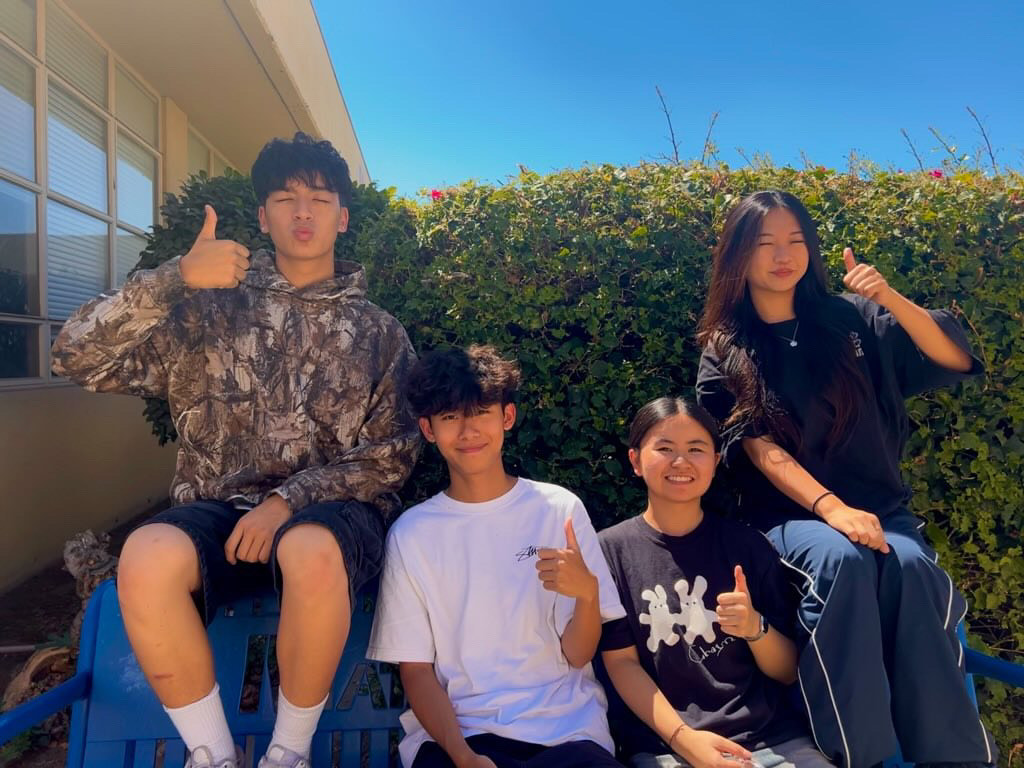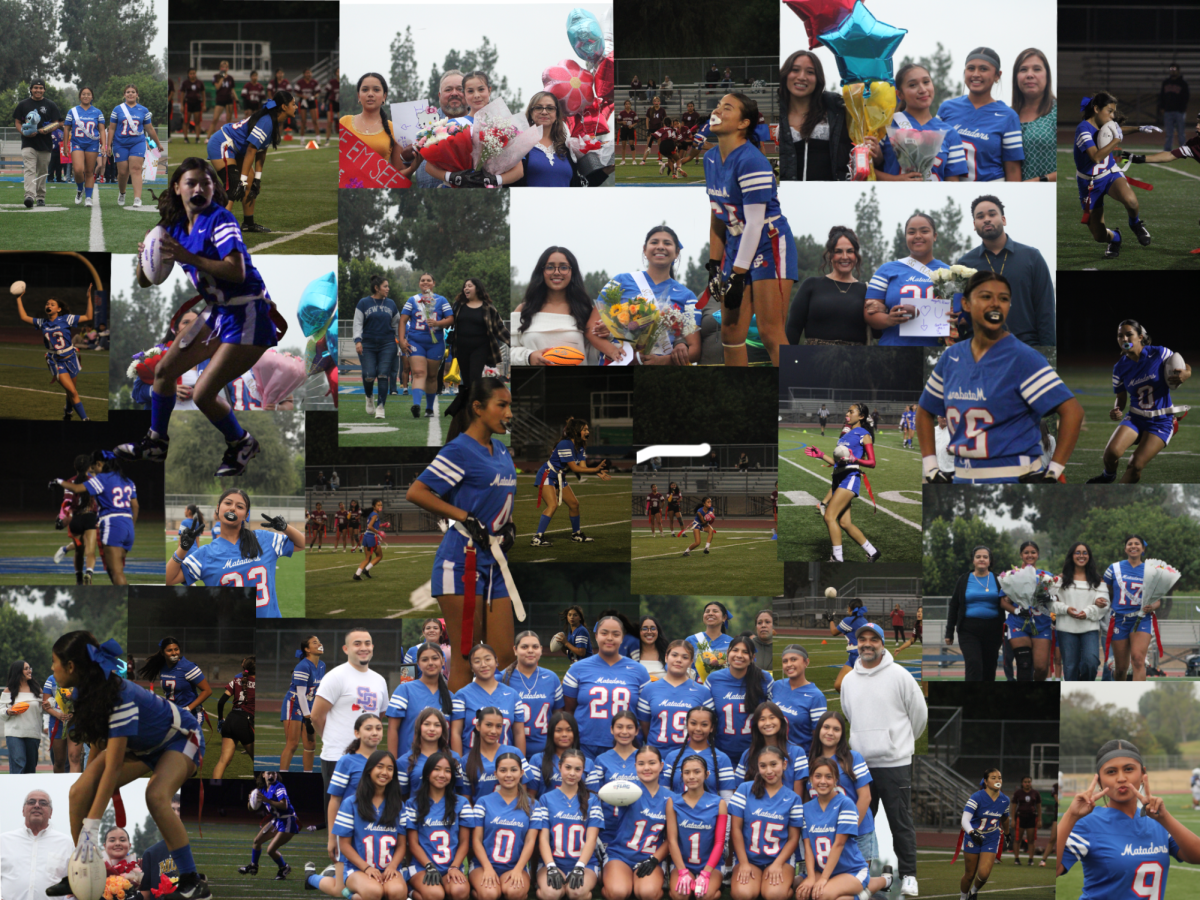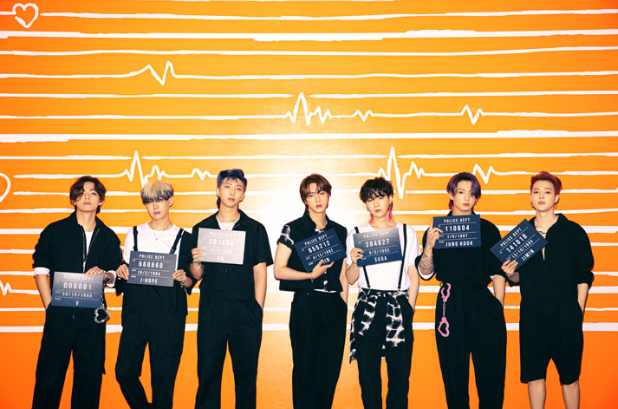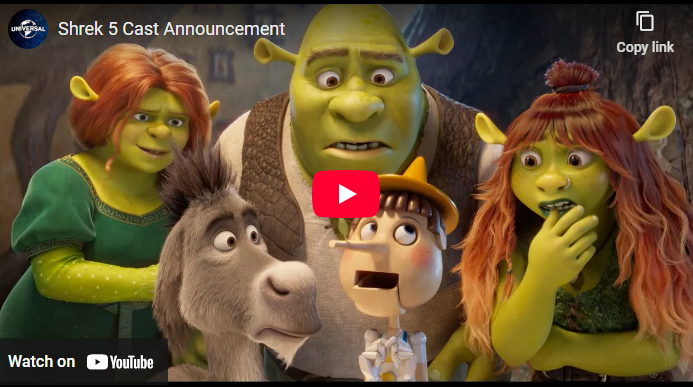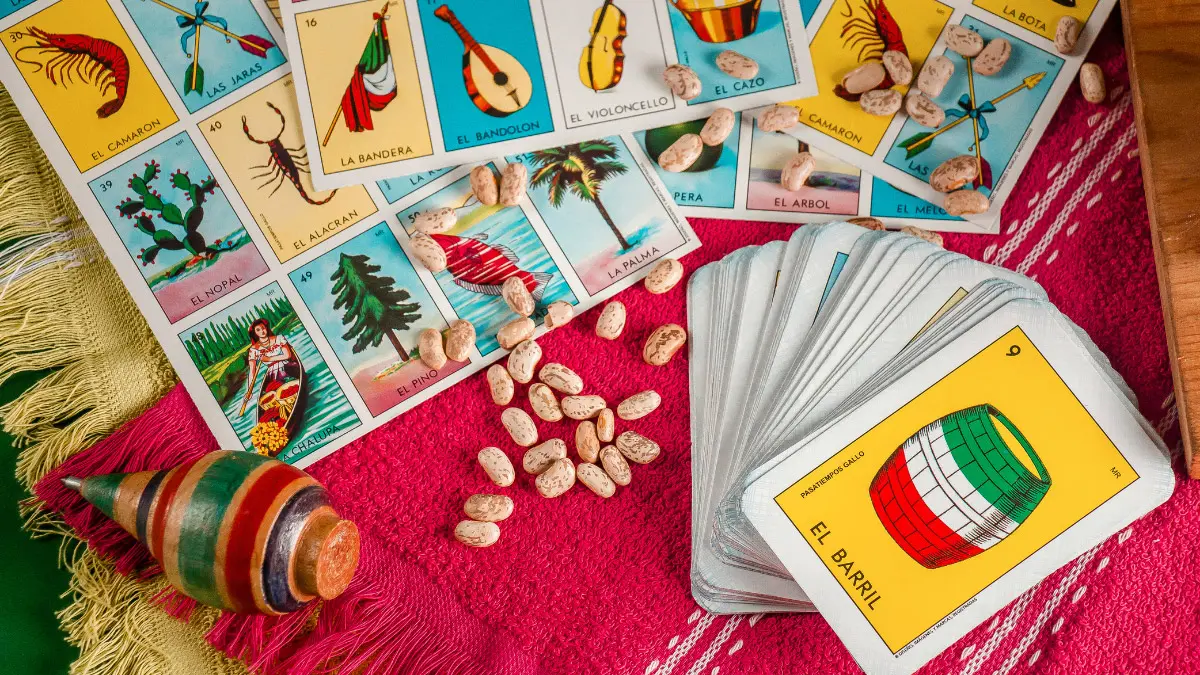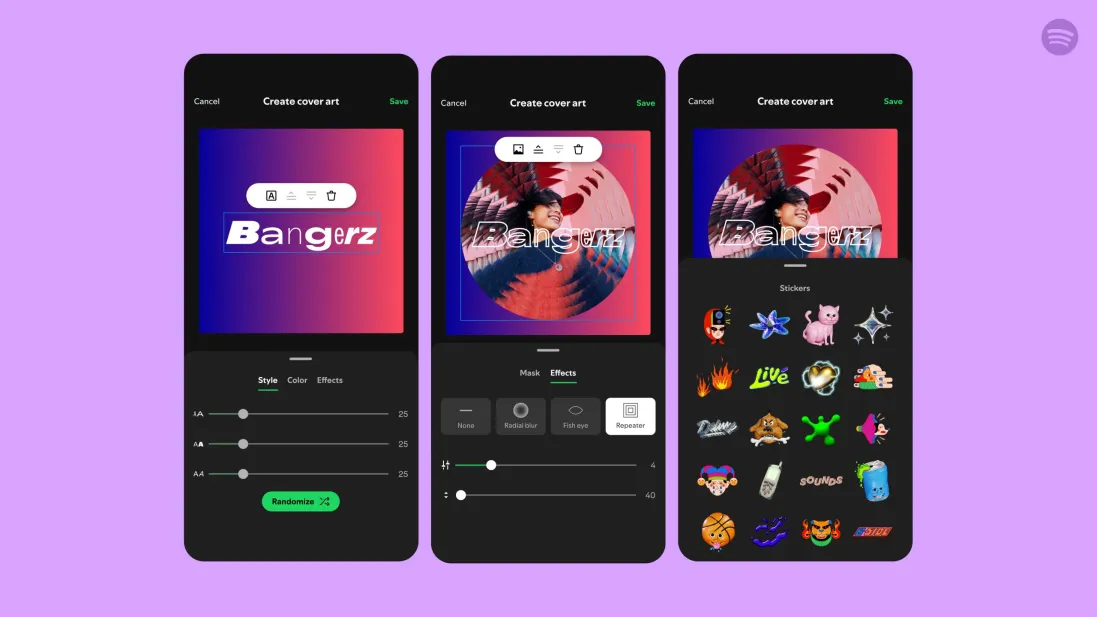In an age dominated by digital media, the concept of “brain rot” has emerged as a critique of the mental stagnation caused by overconsumption. Recently named Oxford University Press’s Word of the Year for 2024, the term has gained cultural significance, reflecting widespread concerns about the effects of digital habits on intellectual well-being.
Though the specific term “brain rot” may not have been widely used until recently, the concept of intellectual decay caused by distractions has existed for centuries. Henry David Thoreau used it in Walden to critique the decline of intellectual engagement in his era. While Thoreau’s concerns revolved around the distractions of industrial society, the term has taken a new life in the 21st century. Today, it is used to describe the cognitive deterioration caused by passive consumption of digital media, such as binge-watching shows or endlessly scrolling on Tiktok.
The rise of brain rot as a cultural phenomenon mirrors the growing anxieties of a generation raised on digital media. Platforms such as TikTok, Instagram, and Youtube only exemplify the shift towards short-form, high-stimulation content that often prioritizes entertainment over intellectual engagement. This content, while enjoyable in moderation, can contribute to a sense of cognitive stagnation when consumed excessively.
“Brain rot” being selected as the Word of the Year underscores its resonance, particularly with younger generations like Gen Z and Gen Alpha. These groups, immersed in digital environments, frequently use the term to humorously critique their own habits, such as doom scrolling. The phrase encapsulates a shared guilt over “wasting time” online while also serving as a wake up call for more mindful media consumption.
Research has shown that excessive consumption of shallow digital content can reduce one’s attention span, hinder critical thinking, and contribute to feelings of dissatisfaction. The viral spread of nonsensical content like “Skibidi Toilet” reflects how people can easily fall into the trap of mindlessly consuming media, potentially damaging their cognitive engagement. This decline in intellectual engagement is concerning, particularly as the online world continues to example and encourage more passive consumption.
It is important to recognize that not all digital content continues to brain rot. Platforms, when used mindfully can help foster creativity, learning, and community. The key is to find a balance between content that nourishes the mind and content that leads to mental stagnation.



